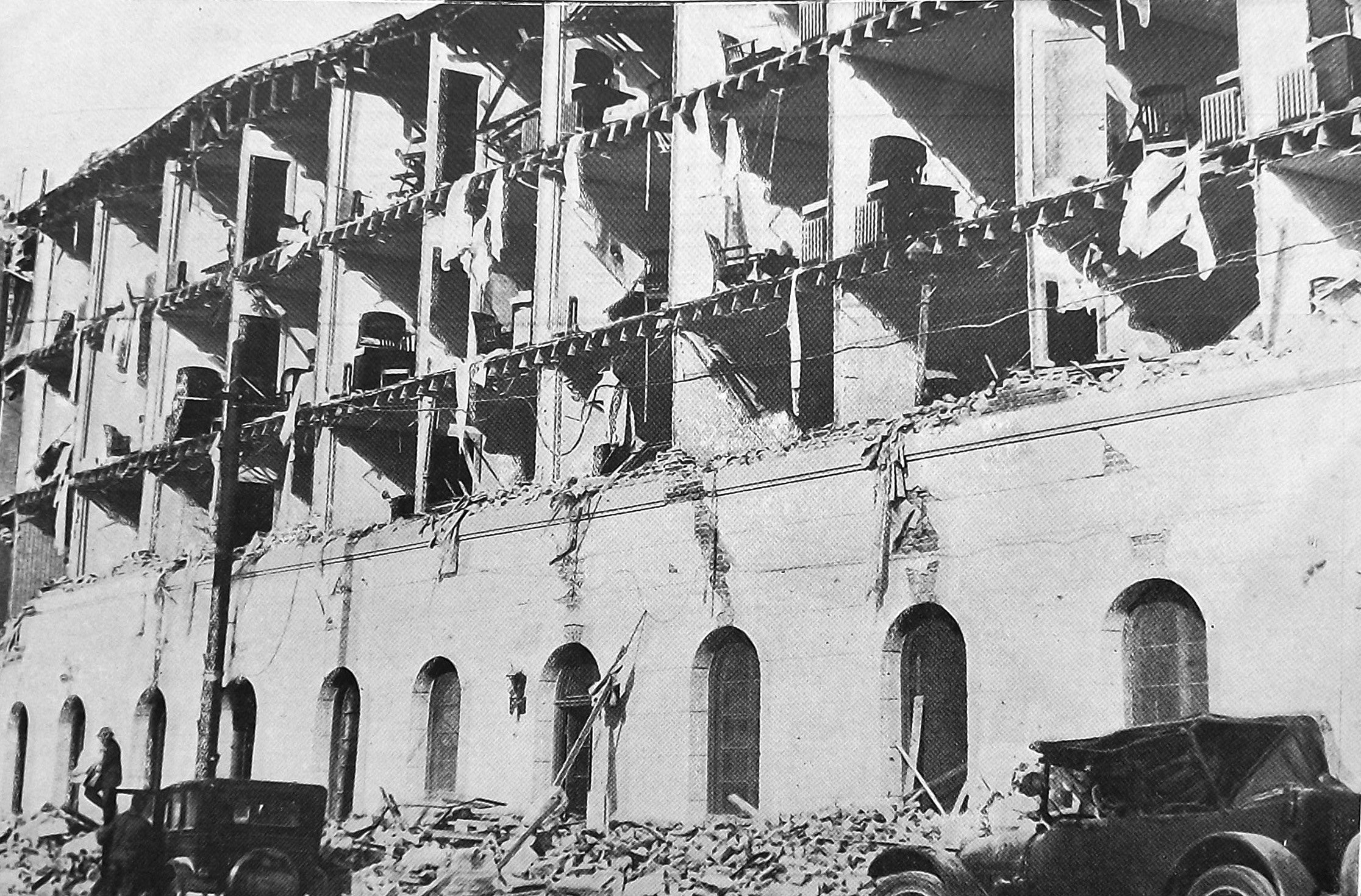

ODT boss’s recollection
During his tour abroad early last year Sir George Fenwick paid a visit to the town of Santa Barbara and, in recording his impressions, he said: "Santa Barbara is a most attractive town with a population of about 30,000. It is growing rapidly, and property within the last few years has increased enormously in value. The secretary of the Rotary Club was most kind and attentive to us during our stay, and showed us some of the beauty spots in the course of an interesting motor drive. During this trip we visited a celebrated mission which dates back to the old Spanish days. It was founded in 1786 by Father Junipero Serra, president of the Franciscan Friars, who came to Mexico with the Spanish-Mexican expedition in 1769. Two centuries before then the records of the early voyages of Cabrillo (1542) speak of the kindness and hospitality of the Santa Barbara Indians. The place was described by Father Serra as a delightful paradise."
Balancing risk and rescue
Interviewed by a Daily Times reporter yesterday, Superintendent Napier stated that the calling of a fire-brigadesman was essentially one in which all hands had necessarily to risk their lives for the succour of those in danger. A fire-brigadesman, be he officer or newly-joined recruit, cannot be protected by "rules of the road" or idealism. The essential part of the work of a fire service was to reach the point of call with the minimum of delay. Any trained fire brigade officer studied the lives and safety of his men, and it was strongly to be deplored that any person should make the work of the brigades more difficult than it had of recent years been rendered, by the great influx of motor traffic. The whole service deplored the accidents which must, of necessity, occur with the speeding-up of road transit but the risk was all in the day’s work, and was part of the service of an up-to-date brigade. So far as Dunedin was concerned, the by-law was most emphatic in that all traffic, on the signal of the siren, notifying that a fire engine was in transit, was to pull up as near the sidewalk as was possible, and all tram cars had to come to a standstill. The Dunedin fire service would greatly welcome a better observance of the by-law governing its freedom of the roads when in actual service. Superintendent Napier added that it was understood that, under the Motor Act, the "Siren" signal is to be reserved for the use of fire engines whilst actually responding to a call.
— ODT, 1.7.1925 (Compiled by Peter Dowden)












